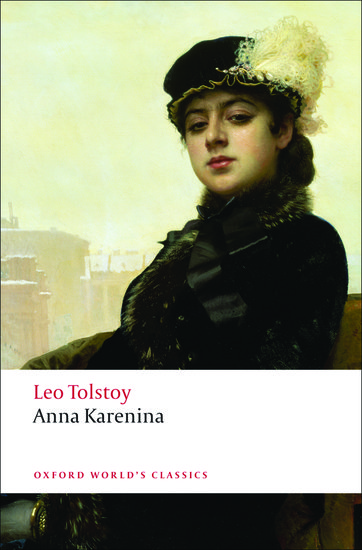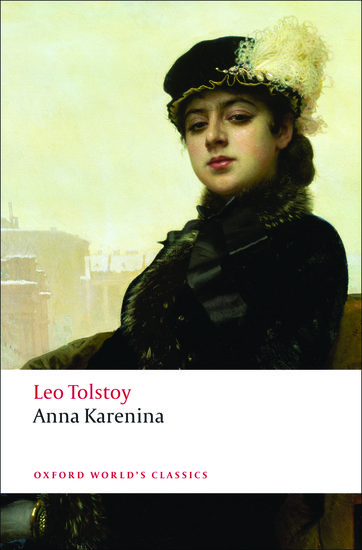Beyond the Anna Karenina principle in economic development
The opening sentence of Tolstoy’s novel Anna Karenina–All happy families are alike; each unhappy family is unhappy in its own way–is popular among development practitioners, who often offer their own version as follows: All rich economies are alike; each poor economy is poor in its own way. This idea, which we can call the Anna Karenina principle of economic development, is meant as a recognition of the value of context and local knowledge.











